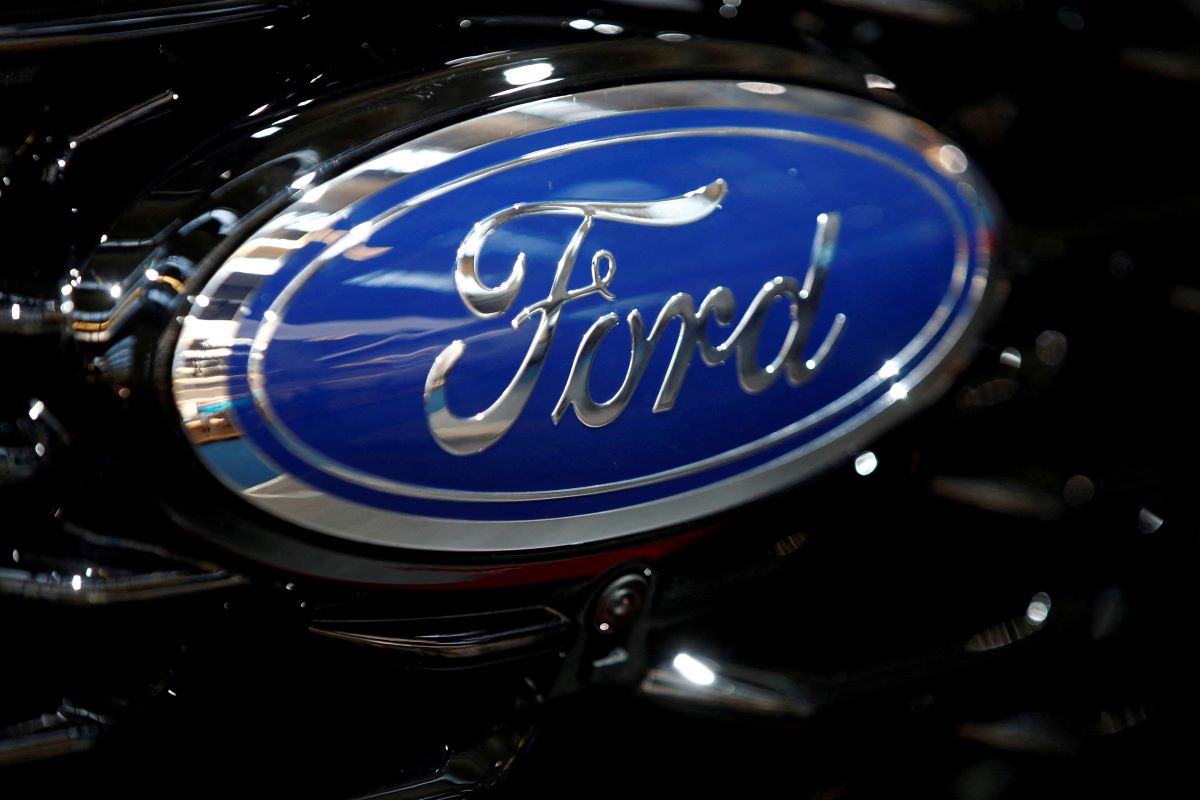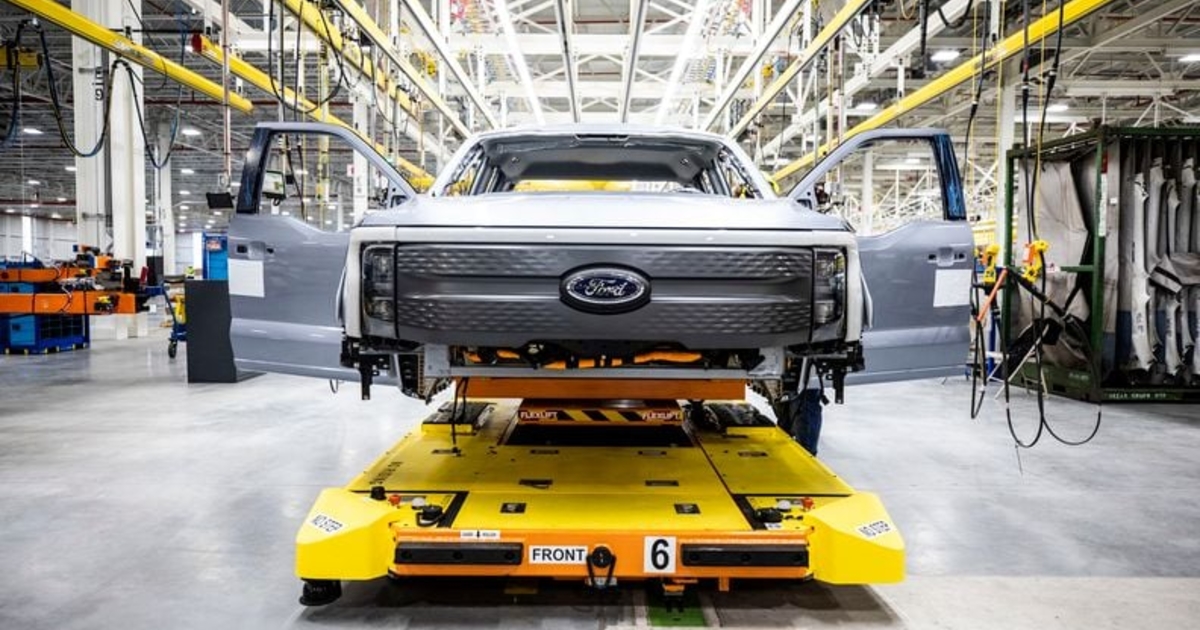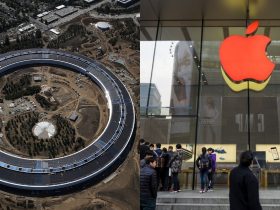Ford Motor is reducing its plans for a $3.5 billion battery plant in Michigan due to slower-than-expected consumer adoption of electric vehicles (EVs), rising labor costs, and the company’s efforts to cut expenses.
Ford executives, including CEO Jim Farley and Chair Bill Ford, initially revealed the facility in February. The project became a political issue because of its association with Chinese battery manufacturer Contemporary Amperex Technology Co. (CATL).
Although the plant will be a wholly owned subsidiary of Ford, the automaker is licensing technology from CATL to produce new lithium iron phosphate (LFP) batteries for EVs.
On Tuesday, Ford announced it is scaling back the plant’s production capacity by about 43%, reducing it to 20 gigawatt hours per year, and cutting the projected number of jobs from 2,500 to 1,700.
The company did not specify the revised investment amount, but with the reduced capacity, the investment is still estimated to be around $2 billion.
This adjustment reflects a broader trend of automakers reassessing their EV plans.
The anticipated demand for EVs has not materialized as quickly as expected, due to higher costs and challenges with supply chains and battery technologies, among other factors.
The cutbacks at the Marshall, Michigan, facility are part of Ford’s strategy, announced last month, to reduce or delay approximately $12 billion in previously planned EV investments.
The company will also delay the construction of another EV battery plant in Kentucky.
“We evaluated all factors including EV demand, growth projections, our business and product plans, and cost considerations to ensure the plant remains viable,” Ford Chief Communications Officer Mark Truby said during a media briefing.
“After this evaluation, we are proceeding with the plant, though on a smaller scale and scope than initially planned.”

Truby indicated that the plant is still scheduled to open in 2026, despite a temporary halt in construction during collective bargaining with the United Auto Workers (UAW).
The negotiations concluded last week with a deal that includes significant wage increases and provides a path for battery workers at the plant to be included under the agreement if unionized.
Increased labor costs played a role in Ford’s decision to scale back. Last month, Ford CFO John Lawler stated that the new labor deal would increase costs by $850 to $900 per vehicle assembled.
Deutsche Bank has estimated this increase to be $6.2 billion over the term of the deal, which runs through April 2028.
“We remain very optimistic about EVs and our EV strategy, but the growth is not occurring as rapidly as we or others anticipated,” Truby said. “We’re being strategic about how we move forward.”
The plant has faced political opposition from federal and local officials, with residents in rural Michigan protesting the project. U.S. lawmakers have also sought to review the licensing agreement between Ford and CATL amid heightened U.S.-China tensions.
Truby reaffirmed on Tuesday that Ford believes licensing the technology is a better business strategy than importing batteries from abroad.
The plant is expected to be the first in the U.S. to produce LFP batteries, which are intended to be a cost-effective alternative to pricier lithium-ion or nickel cobalt manganese batteries currently used by Ford.
The new batteries are expected to offer various benefits at a lower cost, enabling Ford to expand EV production and improve profit margins.
Ford, which currently sources LFP batteries from CATL, follows Tesla in using these batteries in some of its vehicles to reduce the amount of cobalt required in battery cells and high-voltage battery packs.






Leave a Reply